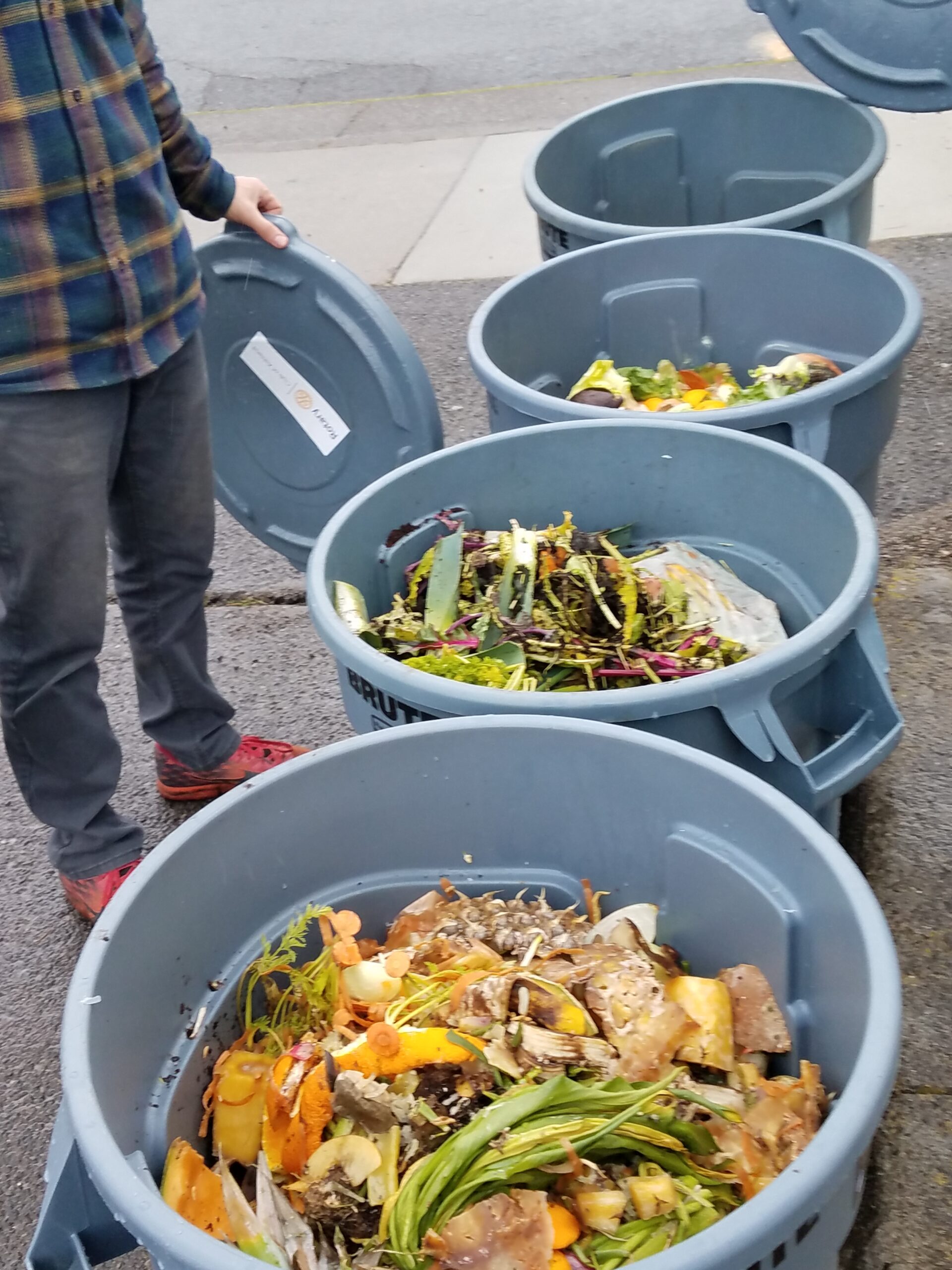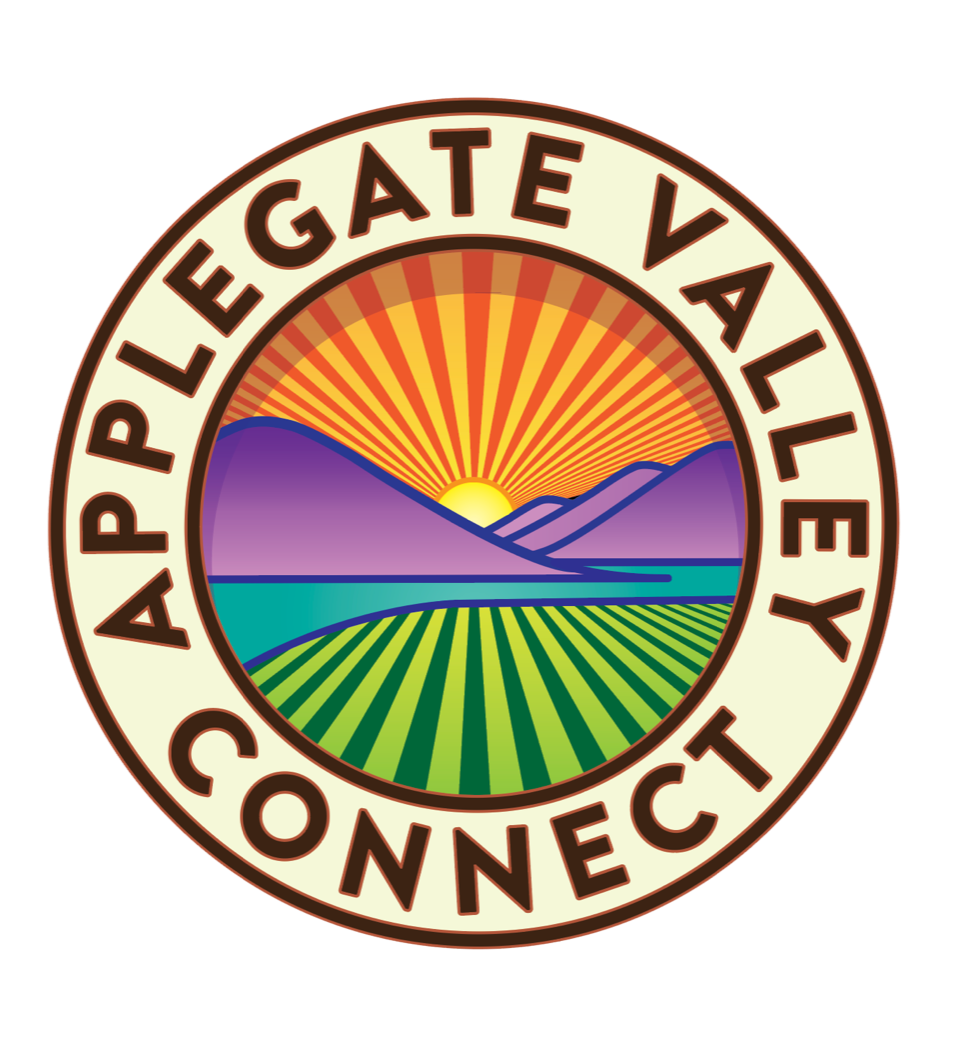
- This event has passed.
Food Waste and the Climate Crisis: What to Know & What to Do
March 28, 2023 @ 6:00 pm - 7:00 pm

Featured speakers: Flavia Franco of Southern Oregon Food Solutions, Jeanette Hardison of the Corvallis Sustainability Coalition, and Ellie Cosgrove of Rogue Valley Farm 2 School
In 2022, the U.S. department of Agriculture stated: “Food loss and waste … exacerbates the climate change crisis with its significant GHG footprint. Production, transportation, and handling of food generate significant carbon dioxide (CO2) emissions, and when food ends up in landfills, it generates methane, [which is] an even more potent greenhouse gas.”
A 2021 U.S. Environmental Protection Agency report concluded that “each year, U.S. food loss and waste embodies 170 million metric tons of carbon dioxide greenhouse gas emissions– equal to the annual CO2 emissions of 42 coal-fired power plants.” This doesn’t even take landfill methane into account.
To learn more about food waste and what we can do to address it, join Southern Oregon Climate Action Now (SOCAN) at their March 28th General Meeting online from 6:00 to 7:00pm. This month’s topic is “Food Waste and the Climate Crisis: What to Know & What to Do.”
There is no charge for joining the ZOOM meeting, but participants must register: bit.ly/SOCANFoodWaste

